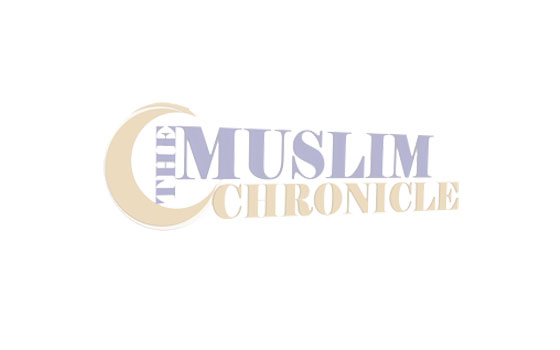Los Angeles - AFP
The estate of Prince, who long battled the music industry, announced a deal Thursday with the world's largest label group Universal to release much of the pop icon's vast catalog.
Under the deal, Universal gained rights to the fabled vault of unreleased music that Prince kept in his Paisley Park estate in Minnesota where he died in April.
Universal is also taking control of 25 albums that Prince released on his own NPG Records imprint from the mid-1990s, when he wrote "slave" on his cheek and changed his name to the unpronounceable "love symbol" to fight his contract with Warner Brothers.
Universal said, without further detail, that it will obtain rights in the United States to "certain renowned Prince albums from 1979 to 1995" -- the star's emblematic era when he topped the charts with "Purple Rain" and other works.
The deal for the early catalog would mark a major blow to Universal's rival Warner, which had reconciled with Prince in 2014.
Warner had already announced that it will reissue "Purple Rain" accompanied by a full second album worth of unreleased material.
"Prince was one of the greatest musical talents of all time -- an incomparable genius as a performer, recording artist and songwriter," Lucian Grainge, the chairman and chief executive of Universal Music Group, said in a statement which did not disclose the deal's value.
L. Londell McMillan, the star's longtime lawyer who represented the estate, voiced confidence that Universal -- which earlier reached a separate deal for Prince's songwriting rights -- was "passionate about presenting Prince's music with a holistic vision that celebrates his iconic status."
Prince died at age 57 from an accidental overdose of powerful painkillers. He did not leave a will or have children, throwing his estate into confusion.
His estate also appears to have sealed deals to bring Prince's music to major streaming sites such as Spotify, which has been running advertisements ahead of Sunday's Grammy Awards in the color purple.
Prince was a staunch critic of labels and later the internet, describing corporations as putting artists into virtual slavery.
He only streamed his music on rap mogul Jay Z's upstart Tidal service, which he credited with giving him wide artistic freedom.








